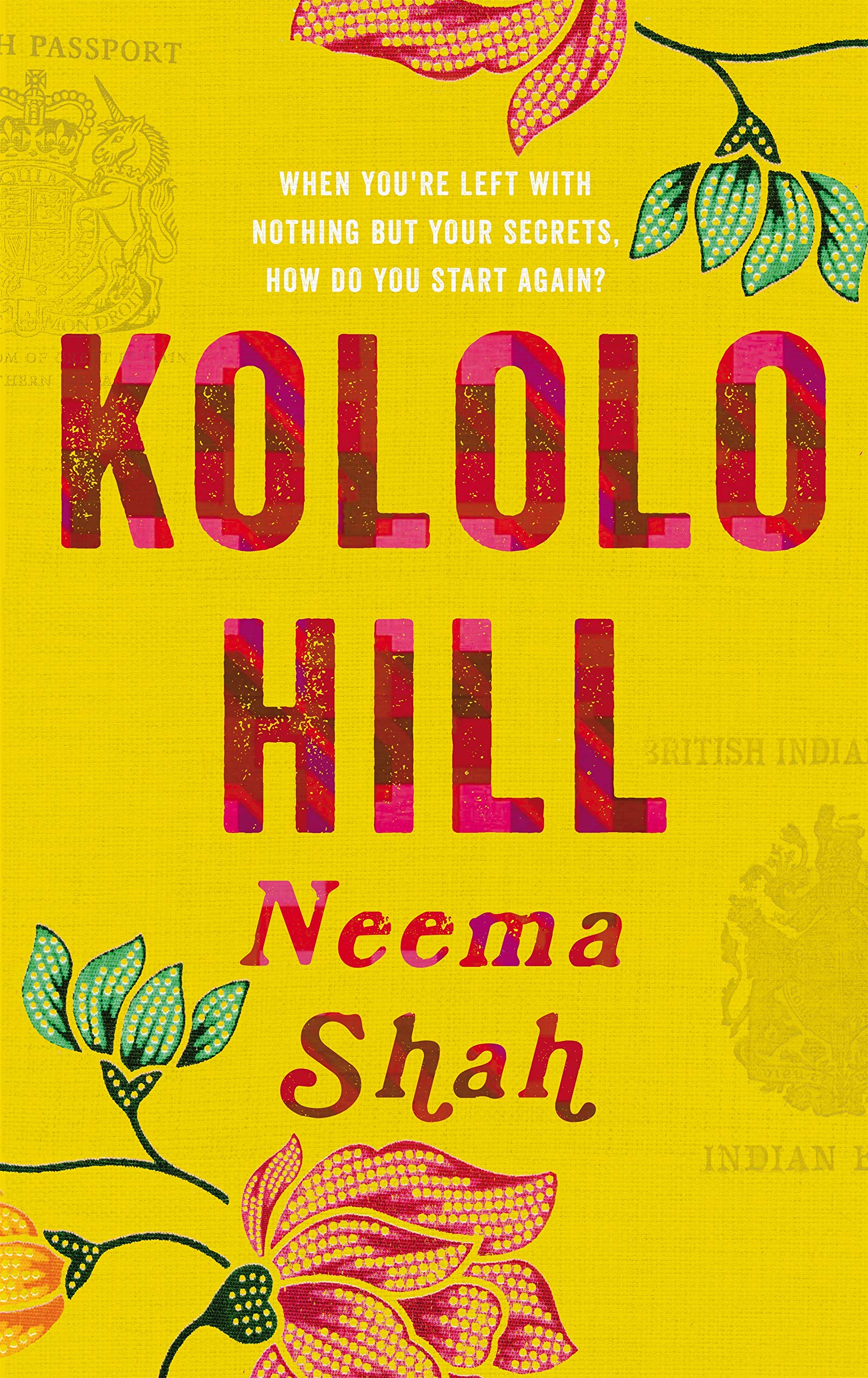
Outside the train station in Kampala, the roads were three times as wide as those in her village. They stopped briefly at Motichand’s dukan, which did indeed seem to have anything you could ever need and many things you’d never want, but she couldn’t take it all in. How far away her father was, her brothers, her home. Everything was different, strange, the buildings, the air. Her husband.
The house was centred around an open yard. The single-storey building was painted pale green like the inside of a pea pod. Running along three sides of the yard were a kitchen, a walk-in storeroom, a sitting room with two wooden armchairs, three bedrooms and a small enclosed space with a tap for morning ablutions. It was a larger house than the one that she’d lived in for the past year back in Gujarat, crammed in with Motichand’s brothers and mother. This home was bigger than any she’d ever seen. All that space for two people.
‘And this is December,’ announced Motichand proudly, waving his hand towards the man in the corner of the courtyard, as though he was another feature of the house, like a brand-new radio or a stove. ‘Everyone has house boys here.’
December was tall and slim, with a head of thick hair like unspun cotton. He was already too old to be considered a boy by a good few years, closer to her own age in fact, but Motichand had explained on the train that the name ‘house boy’ was the label for all male servants here. December glanced over at Jaya. His rigid brows made him look as though he was annoyed but then he flashed a brief smile, his eyes narrowing into crescents. Jaya pulled her chundri tighter around her face and turned her head away, as she’d been taught to do with all men for the sake of propriety. But she regretted it immediately. It must have made her look stuck-up.
Jaya unpacked a few items in the bedroom she’d share with Motichand, a simple square with two large beds. Separate beds. She didn’t linger, going back outside onto the veranda.
‘Here, I have translated the main things you’ll need, so you can get December to help you with anything you want.’ Motichand thrust a scrap of paper into her hand.
Jaya looked at the paper, a mess of scribbled words written in Gujarati with notes for the Swahili translation.
‘I am going back to the dukan now,’ said Motichand.
‘You are leaving?’ Jaya looked up.
Motichand called out something in Swahili to December, who was sweeping the veranda. He waved his hand in response.
‘Do not worry. He used to look after an English widow for a while, she lived on her own, nothing to worry about. He is most helpful. Most reliable. Back soon,’ Motichand called out, leaving a spare set of keys on a hook and slamming the door behind him.
Panic ran along her spine. He’d left her there with a stranger roaming the house. A Ugandan man. Could she trust him? In Gujarat, she’d never been alone with a male who wasn’t a relative; no respectable woman would be left alone with a man she wasn’t married or related to. What would her father say if he heard about it? What would the other Asians who lived nearby think of her and Motichand? But if there was one thing she’d learnt about her husband in the few weeks she’d spent with him in India, it was that he was oblivious when it suited him.
She turned towards December, who was crouching on the far side of the veranda, sweeping. He looked up: an awkward smile, shy even.
The day passed in a muddle. Either Motichand’s translations or her pronunciation were wrong. When she asked for a saucepan to make chai, December poured water from the copper pot into a saucepan and made the tea himself. When she asked for matches to light the outdoor fire for dinner, he lit the fire himself and beckoned her over when it was ready.
She wanted to shout at him, to make him stop. She couldn’t get used to someone else serving her. Certainly not a man. ‘Revah deh,’ she said to him, the Gujarati words sounding strange in this new setting, and of course December looked at her in confusion. He got up and poured another cup of water, raising his eyebrows in the hope that he’d got it right.
Jaya drank the water, even though she wasn’t thirsty.
BUY Kololo Hill: Amazon


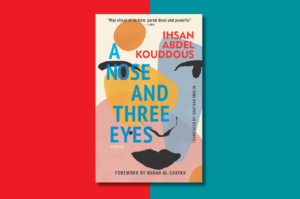

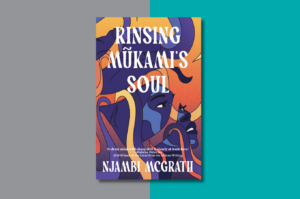
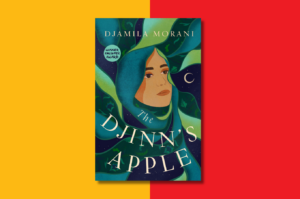
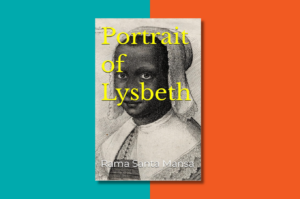


COMMENTS -
Reader Interactions